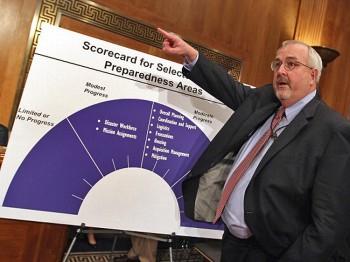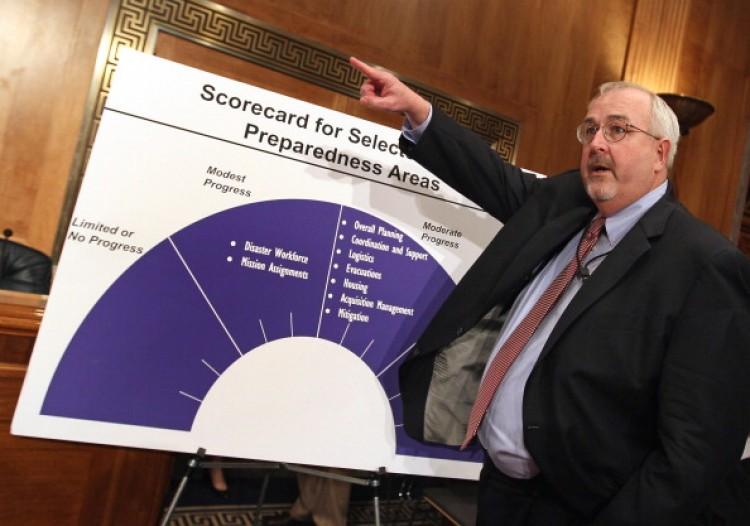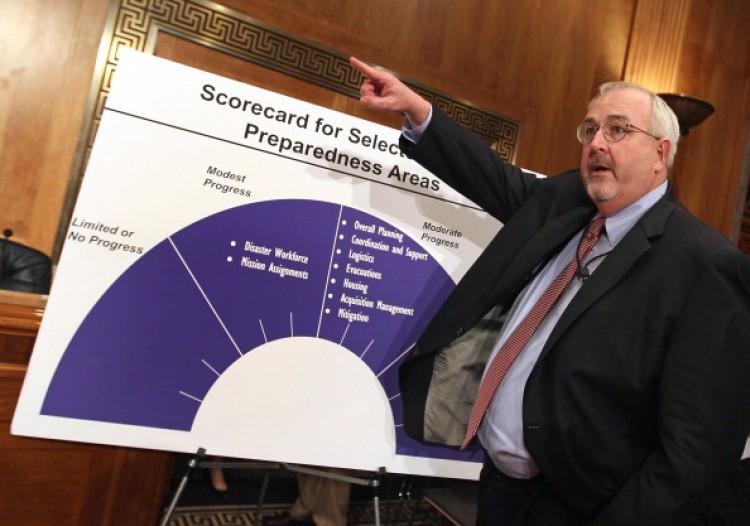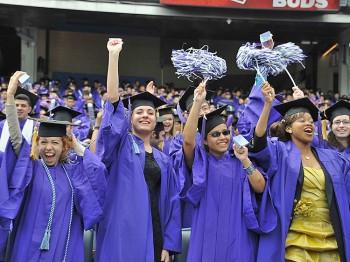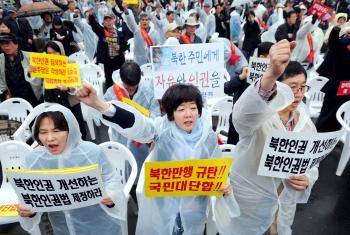BOSTON—Urban Shield: Boston was the nation’s first large-scale terrorist/disaster drill, according to the mayor’s office. Conducted from May 20–22, it was a $1 million Department of Homeland Security (DHS) funded training exercise to test and evaluate the region’s command and response capability should multiple terrorist attacks and other emergencies occur simultaneously.
“The upcoming 10th anniversary of the most tragic terrorist event in our nation’s history reminds us that the threat against us is never fully gone,” Mayor Thomas M. Menino said, in a press release. “We know it’s important to test our readiness and the abilities of our first responders. … Cities are on the front lines of homeland security.”
The event was a multidiscipline safety services competition, with an overarching goal to provide regional preparedness and a multilayered training exercises to enhance the skills and abilities of regional first responders when addressing large-scale disasters.
Teams of law enforcement, fire, EMS, state police and Special Weapons and Tactics, (SWAT) units from Boston and the Metro-Boston Homeland Security Region; Providence, Rhode Island; and Alameda County in California converged for a 24-hour drill throughout the Boston area. Federal agencies such as the FBI, ATF, National Guard, and the Coast Guard worked together to test communication and collaboration in a counterterrorist scenario. The entities can now share the same radio wavelength, after a $2 million investment.
These simulated incidents involved an “active shooter” at the Boston Copley Marriott Place; a “terrorist seizure” of a control room in Everett; a “maritime interdiction with hostages” in Winthrop; several “explosive device” situations in colleges, schools and Amtrak; exposure of hazardous materials; and three separate “structural collapse and rescue” scenarios at the Quincy shipyard.
The grand finale was modeled after the Mumbai terrorist attack and held in the Marine Industrial District.
The exercise also tested the command structure of the Unified Area Command (UAC) composed of top officials from first responder agencies throughout the metropolitan region.
Crucial to the urban shield exercise is the critical gap analysis information that it derives to identify gaps and deficiencies so as to enable further improvement of the region’s preparedness and capability should the unthinkable happen.
“The upcoming 10th anniversary of the most tragic terrorist event in our nation’s history reminds us that the threat against us is never fully gone,” Mayor Thomas M. Menino said, in a press release. “We know it’s important to test our readiness and the abilities of our first responders. … Cities are on the front lines of homeland security.”
The event was a multidiscipline safety services competition, with an overarching goal to provide regional preparedness and a multilayered training exercises to enhance the skills and abilities of regional first responders when addressing large-scale disasters.
Teams of law enforcement, fire, EMS, state police and Special Weapons and Tactics, (SWAT) units from Boston and the Metro-Boston Homeland Security Region; Providence, Rhode Island; and Alameda County in California converged for a 24-hour drill throughout the Boston area. Federal agencies such as the FBI, ATF, National Guard, and the Coast Guard worked together to test communication and collaboration in a counterterrorist scenario. The entities can now share the same radio wavelength, after a $2 million investment.
These simulated incidents involved an “active shooter” at the Boston Copley Marriott Place; a “terrorist seizure” of a control room in Everett; a “maritime interdiction with hostages” in Winthrop; several “explosive device” situations in colleges, schools and Amtrak; exposure of hazardous materials; and three separate “structural collapse and rescue” scenarios at the Quincy shipyard.
The grand finale was modeled after the Mumbai terrorist attack and held in the Marine Industrial District.
The exercise also tested the command structure of the Unified Area Command (UAC) composed of top officials from first responder agencies throughout the metropolitan region.
Crucial to the urban shield exercise is the critical gap analysis information that it derives to identify gaps and deficiencies so as to enable further improvement of the region’s preparedness and capability should the unthinkable happen.
